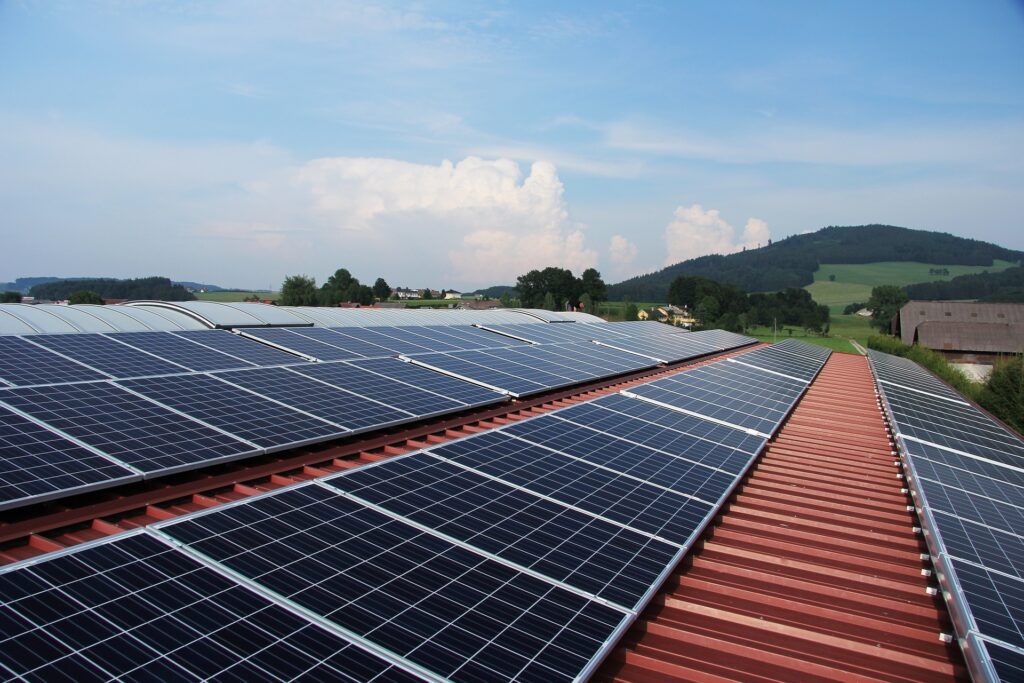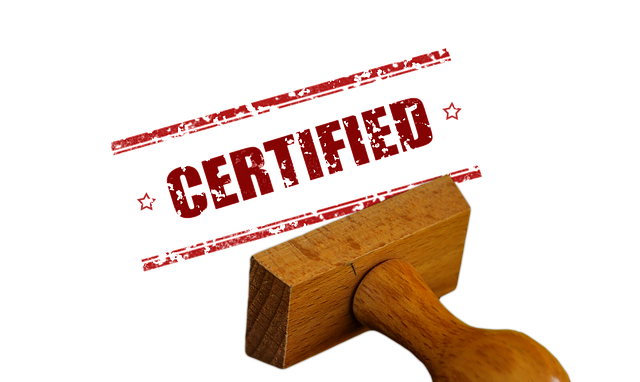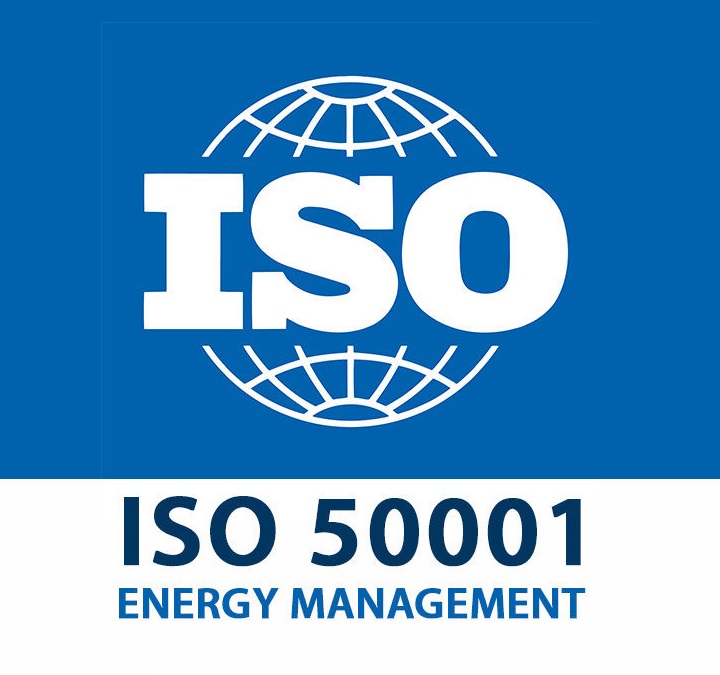Saving energy in communities: How energy management and energy management systems can help

In times of climate change and rising energy prices, it has become increasingly important for municipalities to increase energy efficiency and reduce costs.
Saving energy in municipalities can play a crucial role in this. But how can municipalities optimize their energy consumption? In this blog post, EnExpert explains how energy management and energy management systems can help reduce energy consumption in municipalities.
Energy management – what is it?
Energy management refers to the systematic planning, control and monitoring of energy consumption in a company or, in this case, in a municipality. It involves optimizing energy flows and consumption and improving processes for generating and using energy. The aim is to reduce energy costs and at the same time reduce environmental impact.
Photovoltaic system in energy management

More and more private persons, hotels and companies rely on photovoltaic systems.
However, there is often a lack of targeted control and use of the electricity generated in order to use the photovoltaic system efficiently. An energy management can help here. How? EnExpert explains!
The photovoltaic plant
The photovoltaic system is a renewable energy source that generates electricity by converting sunlight into electrical energy. This type of energy generation has increased greatly in recent years and is now one of the most important sources of renewable energy in the world. In energy management, photovoltaic system plays an important role as it provides sustainable and cost-efficient energy supply.
Energy efficiency in buildings

Energy efficiency in buildings is of great importance, as buildings are responsible for a significant share of energy consumption and greenhouse gas emissions.
Improving energy efficiency in buildings can help reduce energy consumption and associated costs, while also reducing CO2 emissions
There are many ways to improve energy efficiency in buildings. One way is to improve the building envelope, for example by using thermal insulation and energy-saving windows. Heating and air-conditioning systems can also be improved by using energy-efficient technologies such as heat pumps or solar collectors.
Another option is the use of renewable energies, such as solar energy or biomass. This can help reduce energy consumption while also reducing CO2 emissions.
Communication strategies for hotels

Have you successfully installed an energy management system in your hotel and already saved a considerable amount of energy?
Then it is now time to inform your guests about it and call on them to save energy themselves. But how exactly can you do this successfully? EnExpert explains!
Website
Already during the booking process, guests should be made aware of the sustainable hotel. Give this enough space on your website.
Welcome letter
Use the welcome letter to your guests to address the topic of sustainability and energy efficiency. Here you can also refer to your energy management system and explain how your guests can help save energy.
All important info on environmental reporting

Environmental reporting is an important part of environmental management. It serves the systematic collection, evaluation and communication of environmental information.
The aim is to provide an overview of the state of the environment as well as environmental impacts and pressures, and to identify opportunities for improvement. But how exactly does it work and what is the legal situation? EnExpert explains!
Environmental reporting has gained in importance in recent years, as more and more companies, authorities and organizations regard environmental protection as an important task. This is not only a matter of compliance with legal requirements, but also of responsibility for the environment and society. In this context, environmental reporting offers an opportunity to make one’s own actions transparent and to gain the trust of customers, stakeholders and the public.
A brief overview of various energy certifications

There is now a jungle of energy certifications for companies, buildings and products. Therefore, it is easy to quickly lose the overview. EnExpert briefly shows here the most important certifications on the market!
ISO 50001 – This standard sets requirements for an energy management system and helps companies continuously improve their energy efficiency. ISO 50001 certification confirms that the company has implemented an effective energy management system and is energy efficient. Read more about ISO 50001 certification here.
LEED – The Leadership in Energy and Environmental Design (LEED) certification system evaluates the sustainability of buildings, including energy efficiency, water conservation, material selection and air quality. LEED certification is an internationally recognized symbol of green building and sustainability.
Energy Star – This is a U.S. Environmental Protection Agency (EPA) program that recognizes products that are particularly energy efficient. Energy Star certified products can help reduce energy consumption and reduce environmental impact.
6 ways to reduce energy costs in a hotel

A hotel can save energy costs in several ways. EnExpert highlights a few examples here:
Energy efficient lighting: one of the easiest and most cost-effective ways to reduce energy costs in a hotel is to install energy efficient lighting systems. LED lamps use less energy and last longer compared to traditional incandescent and halogen lamps.
Heating, ventilation and air conditioning: a hotel’s heating, ventilation and air conditioning (HVAC) systems are often the largest consumers of energy. By installing programmable thermostats and replacing filters regularly, hoteliers can reduce the energy consumption of the HVAC system.
Water: A hotel can also save energy by optimizing its water use. For example, faucets, showerheads and toilets can be replaced with water-efficient models. Repairing leaks and using automatic irrigation systems can also reduce water consumption.
5 ways to reduce energy costs in industrial companies
Industrial companies can save energy costs through a variety of measures. EnExpert shows some possibilities here:
Improve energy efficiency: Industrial companies can improve their energy efficiency by using energy-efficient machinery and equipment, optimizing the use of energy sources, and shutting down unused energy sources. An energy analysis can help identify efficiency gaps.
Production process optimization: energy consumption can be reduced by optimizing production and related processes. This can be achieved by identifying savings opportunities, implementing technical optimizations, and monitoring production efficiency.
Renewable energy: Industrial companies can use renewable energy sources such as solar or wind power to meet their energy needs. This allows them to reduce the amount of fossil fuels used while saving on energy costs.
What is … ISO 50001?

ISO 50001 is a standard of the International Organization for Standardization (ISO) for systematic energy management for companies.
What criteria does this standard include? What are its advantages? What do I have to consider as a company? EnExpert explains!
Aim of the standard
ISO 50001 aims to help companies and organizations improve their energy flows and energy-intensive services through various systems and processes. This includes the development of unused energy potentials, the reduction of energy costs and the reduction of environmental impact. Furthermore, the standard aims to raise awareness among employees and the management level of a company on the topics of energy, energy management and energy waste. The aim is to enable savings potential to be exploited and to create competitive advantages and a positive image.
How it works
Companies must develop a strategic energy policy with operational energy targets and action plans to achieve the standard. An inventory, introduction and implementation, as well as regular reviews, allow companies to achieve their own goals and targets. Compliance with specific targets can then be demonstrated with certification.
What is … EN 16247?

The European standard EN 16247 regulates the field of energy management and defines the requirements of energy audits. But how is it structured and what are its advantages? EnExpert explains!
Aim of the standard
ISO 50001 aims to help companies and organizations improve their energy flows and energy-intensive services through various systems and processes. This includes the development of unused energy potentials, the reduction of energy costs and the reduction of environmental impact. Furthermore, the standard aims to raise awareness among employees and the management level of a company on the topics of energy, energy management and energy waste. The aim is to enable savings potential to be exploited and to create competitive advantages and a positive image.
How it works
Companies must develop a strategic energy policy with operational energy targets and action plans to achieve the standard. An inventory, introduction and implementation, as well as regular reviews, allow companies to achieve their own goals and targets. Compliance with specific targets can then be demonstrated with certification.






